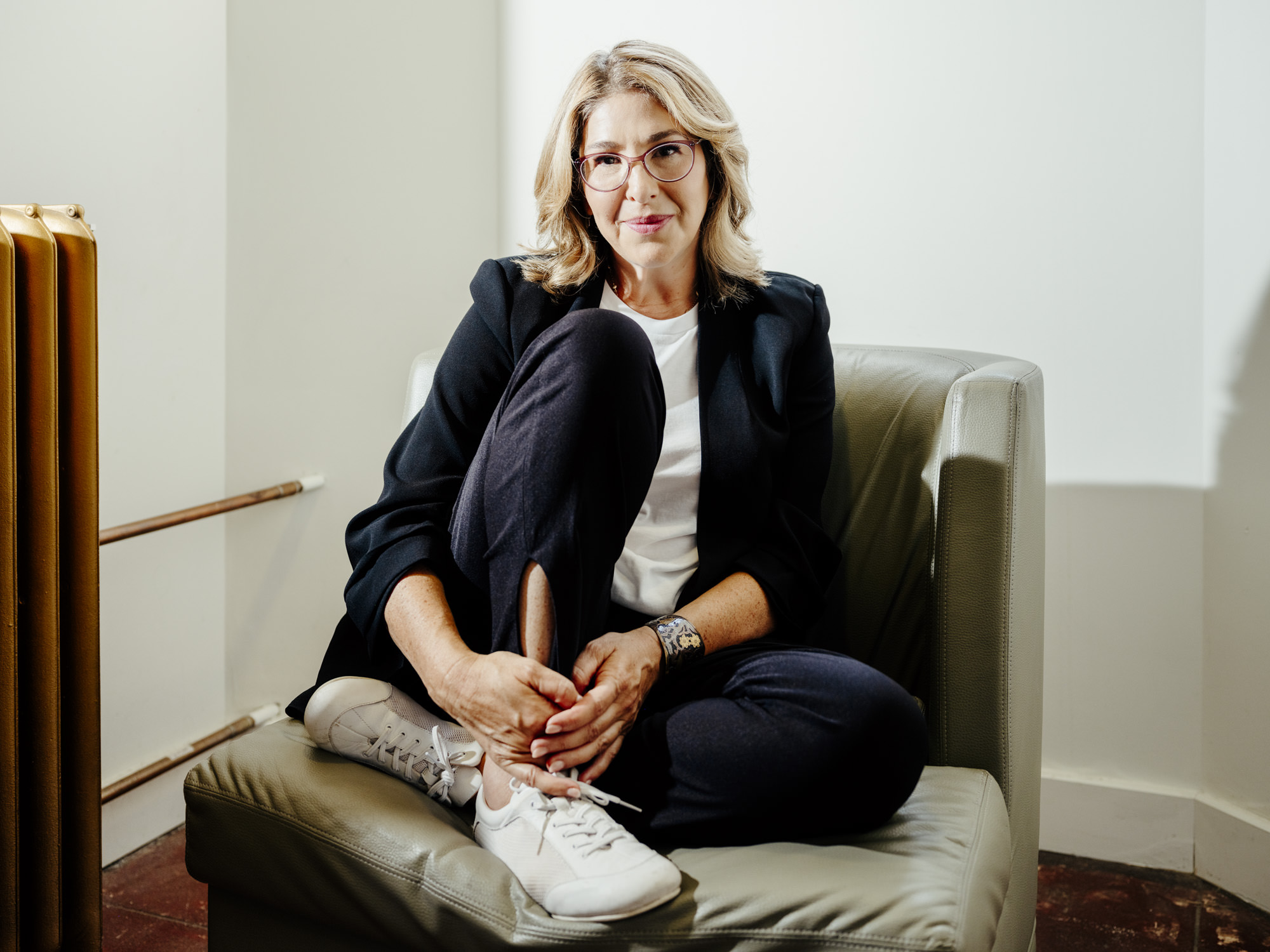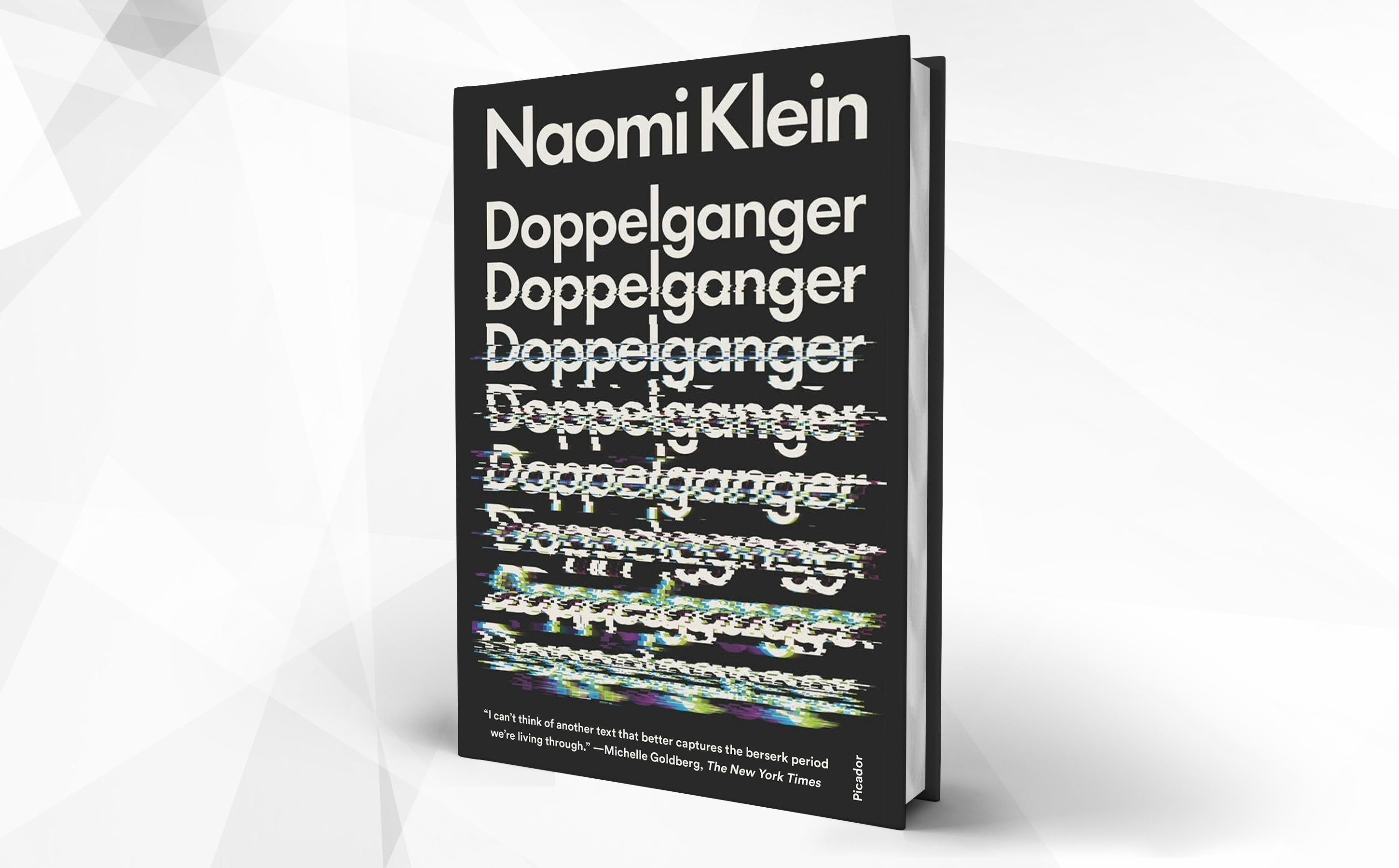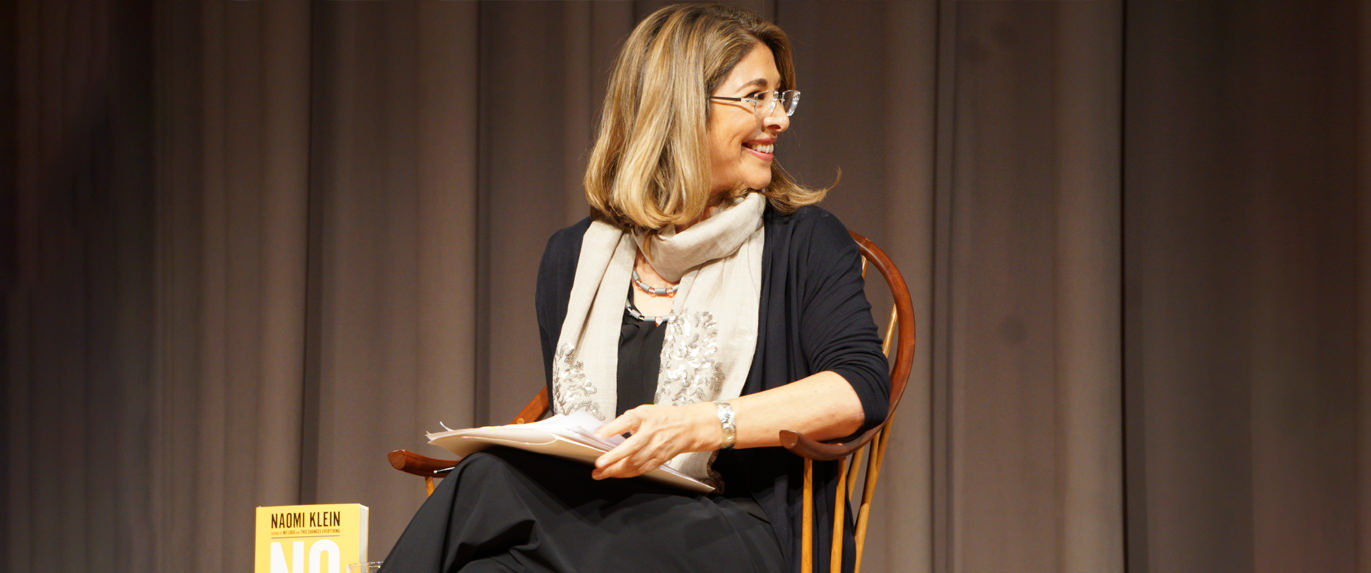Journalist. Author. Filmmaker. Activist.
Naomi Klein.
Award-winning, New York Times bestselling author of nine critically acclaimed books published in over 35 languages. The University of British Columbia Professor of Climate Justice.
— Latest Project
End Times Fascism and the Fight for the Living World.
My new book, End Times Fascism and the Fight for the Living World, co-written with Astra Taylor, will be published in September 2026 by Farrar, Straus and Giroux in the United States, by Allen Lane in the United Kingdom, and by Knopf Canada.
The far right is on the march again – but this time it’s different from anything we’ve seen before. A new, apocalyptic alliance of religious fundamentalists, billionaire Silicon Valley tech kings and ethno-nationalists is on the move. They’re united in their belief that some kind of cleansing cataclysm is coming, and they welcome a future of shocks, scarcity and collapse, convinced they’ll be among the saved on the other side. This is the world of End Times Fascism. Around the globe, we’re investigating how those who are making our world unliveable through climate chaos and job-consuming AI are preparing to protect themselves from the fallout. We go deep into this man-made Armageddon complex – and show how to resist it.
This book, though harrowing in parts, is ultimately hopeful: our research confirms that whether we are fighting polluting data centres or opposing forever wars, most of us desperately want a future we can believe in, and leaders who believe in us. The more End Times Fascism is exposed to the light, the weaker its hold will become.
Read More
Get a FREE excerpt from Doppelganger.
Now available, Israel, Palestine, and the Doppelganger Effect, a standalone excerpt from Doppelganger that includes Chapter 13: The Nazi in the Mirror and Chapter 14: The Unshakable Ethnic Double plus an introduction and endnotes – free to read and share here.
Welcome to The Mirror World Video
I asked video wizard Colby Richardson to make a book trailer for Doppelganger. He went and made a beautiful and trippy work of art. I’m so grateful. Welcome to The Mirror World…
Upcoming Events
See Naomi during her book tours or other speaking engagements. Some are virtual and some are in-person.
View Events
National Observer
November 13, 2025
If we are to meet our critical moment in history, we need to reckon with the reality that we are not up against adversaries we have seen before. We are up against end times fascism.
The Guardian
April 13, 2025
If we are to meet our critical moment in history, we need to reckon with the reality that we are not up against adversaries we have seen before. We are up against end times fascism.
Zeteo
April 14, 2025
Are you worried about the rapid rise of AI and its implications for the real world, especially for our liberties and our democracy?
In this special episode of ‘Unshocked,’ Naomi is joined by tech analyst, journalist, and author Paris Marx to break down the dangers behind Silicon Valley’s push for an AI-centered world, including for the environment, education, and democracy.


